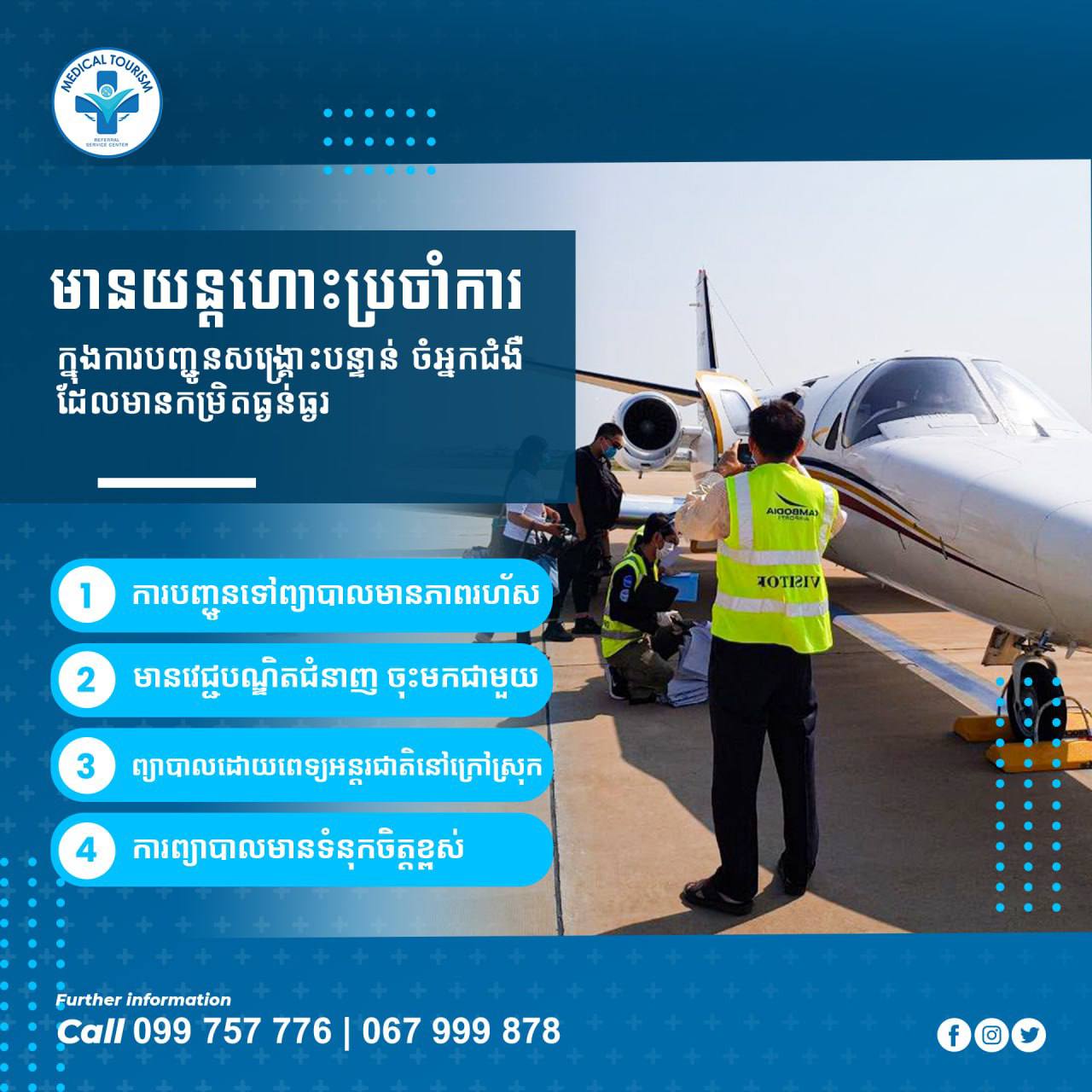Diseases January 18th, 2025
Mumps

Mumps is a contagious viral infection caused by the mumps virus, which primarily affects the salivary glands, particularly the parotid glands located near the ears. While mumps is often mild, it can lead to complications, especially in adults. Here’s a comprehensive guide to understanding, treating, and preventing mumps:
Symptoms of Mumps
- Swelling and pain in one or both parotid glands (located below the ears).
- Fever.
- Headache.
- Muscle aches.
- Fatigue.
- Loss of appetite.
- Pain while chewing or swallowing.
Transmission
Mumps is highly contagious and spreads through:
- Respiratory droplets: From coughing, sneezing, or talking.
- Direct contact: With saliva or surfaces contaminated by an infected person.
- Shared items: Such as cups or utensils.
An infected person can spread the virus 2 days before symptoms appear and up to 5 days after swelling begins.
Treatment of Mumps
Since mumps is caused by a virus, antibiotics are not effective. Treatment is supportive and focuses on relieving symptoms:
1. Home Care and Symptom Relief
- Rest: Get plenty of rest to help your body fight the infection.
- Hydration: Drink fluids to prevent dehydration, especially if swallowing is painful.
- Soft Foods: Eat soft, easy-to-swallow foods like soup, yogurt, or mashed potatoes.
- Pain Relief:
- Over-the-Counter Pain Relievers: Use acetaminophen (Tylenol) or ibuprofen (Advil, Motrin) to reduce fever and relieve pain.
- Warm or Cold Compresses: Apply to swollen glands to ease discomfort.
- Avoid Acidic Foods: Citrus fruits and juices can irritate swollen salivary glands.
2. Isolation and Prevention of Spread
- Isolate yourself or your child for at least 5 days after the onset of swelling to prevent spreading the virus.
- Practice good hygiene, such as frequent handwashing and covering the mouth when coughing or sneezing.
3. Monitor for Complications
While most cases of mumps are mild, complications can occur, especially in adults. Seek medical attention if you notice:
- Severe headache, neck stiffness, or sensitivity to light (possible meningitis).
- Testicular pain or swelling in males (possible orchitis).
- Abdominal pain (possible pancreatitis).
- Hearing loss (rare complication).
Complications of Mumps
- Orchitis: Inflammation of the testicles in males, which can lead to infertility (rare).
- Meningitis: Inflammation of the membranes surrounding the brain and spinal cord.
- Pancreatitis: Inflammation of the pancreas.
- Oophoritis: Inflammation of the ovaries in females.
- Deafness: Rare but possible, usually permanent.
Prevention of Mumps
The most effective way to prevent mumps is through vaccination. The MMR vaccine(measles, mumps, and rubella) is highly effective and is typically given in two doses:
- First dose: At 12-15 months of age.
- Second dose: At 4-6 years of age.
Who Should Get Vaccinated?
- Children and adolescents who have not been vaccinated.
- Adults born after 1957 who have not been vaccinated or have only received one dose.
- Healthcare workers and international travelers.
What to Do If Exposed to Mumps
- If you’ve been exposed to mumps and are unvaccinated, contact your healthcare provider. In some cases, vaccination after exposure may help prevent the disease.
When to See a Doctor
- If you suspect you or your child has mumps, consult a healthcare provider for confirmation and guidance.
- Seek immediate medical attention if you experience severe symptoms or complications (e.g., testicular swelling, severe headache, or abdominal pain).
Key Points
- Mumps is a viral infection that primarily affects the salivary glands.
- Treatment focuses on relieving symptoms, as there is no specific antiviral therapy.
- Vaccination is the best way to prevent mumps and its complications.
If you or your child develops symptoms of mumps, consult a healthcare provider for proper diagnosis and management. Early care can help reduce discomfort and prevent complications.



